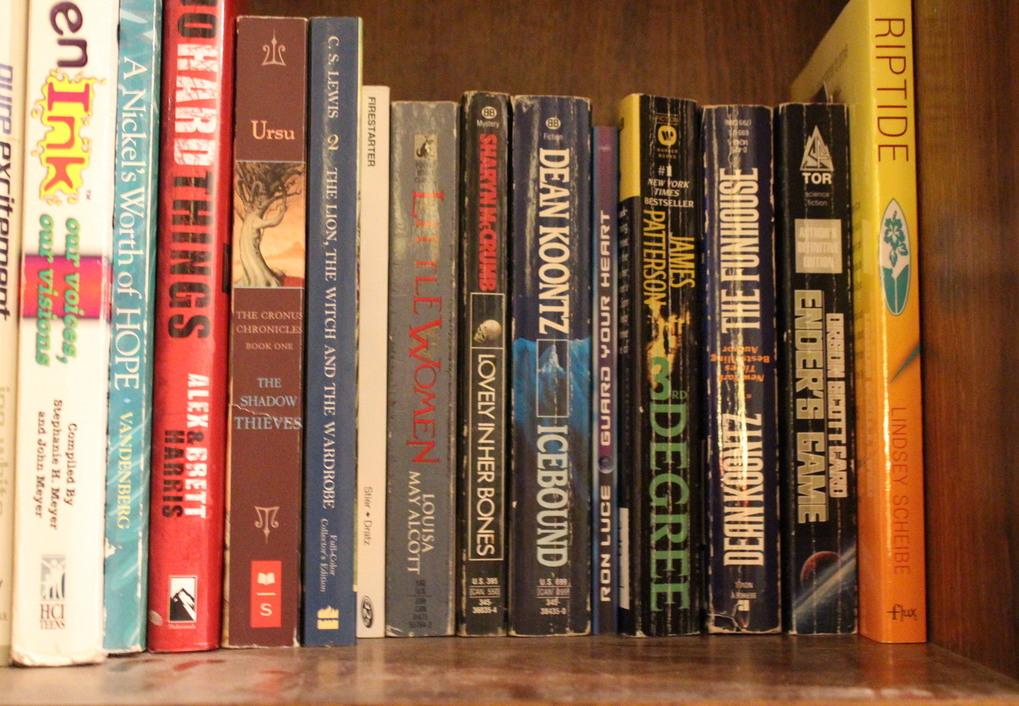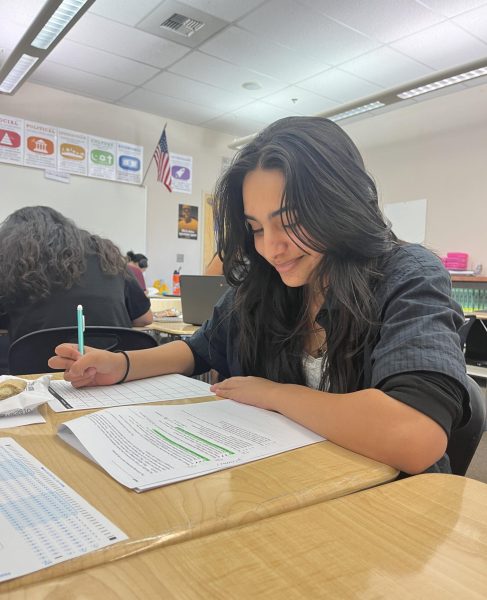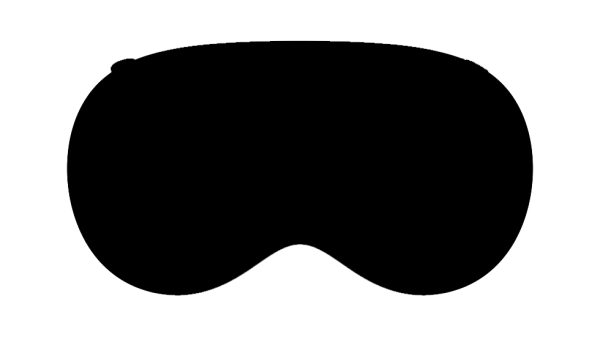Decline of reading for pleasure explained
Some just don’t have time for it anymore and simply walk away at any mention of reading. Teenagers in today’s society do all sorts of things with their free time, and sometimes reading is not one of those things.
“Our current generation is all about being fast. When you need to find something out now-a-days, you Google it. You don’t go to a library and look it up. Reading is something that you have to sit down and take time to do, something you have to concentrate on. With television and movies you can multitask, and teenagers are very into that,” Morgan Jones said.
Moans and groans are not uncommon reactions to a teacher’s announcement that students need to read for homework.
“[Students don’t read for pleasure] because they are forced to read in depth on books they don’t like for a grade throughout their school life when they should be able to pick books they think are interesting and read those,” Sarah Tiche said.
According to a 2007 report by the National Endowment for the Arts, almost half of Americans between ages 18 and 24 never read books for pleasure. The report also states that the average person between ages 15 and 24 spends two to two and a half hours a day watching TV and only seven minutes reading.
The school’s main focus is on what grade someone will get after reading the book. Not if that person understands the materials or if [that student] enjoys. We don’t get a say on what we read, it’s all just thrown at us with a study guide to go along with it,” Angelina Bozhko said.
Changing the approach to reading might be the way to get more students involved in the books they’re assigned to read.
“When something is really popular in social media, people want to know what everyone is raving about and they want to understand why everyone is going crazy. I think that if teachers were to incorporate social media and peer’s opinions somehow, it would definitely influence more students to start reading, or at least give it a try,” Jones said.
Presented with an option, people become very vocal and opinionated on what the right thing to do is.
“Some people truly just don’t like to read and don’t like to write essays and present, and forcing them to do it will make them hate it and then spread that feeling around to others they know. Make it enjoyable, but not just for a letter grade on a paper,” Tiche said.
The reading epidemic might be cured with a simple attitude-adjustment, from both students and teachers.
Bozhko said, “People need to change their attitude towards ‘dumb’ books and ‘stupid’ essays, then things will become better. But at the same time, the teachers here should choose books that get us thinking about the world, not just thinking about a thesis statement.”
by HARMONY REILLY






![On the stage, Daniel Bozinovski and Rachel Treto play their part as Tom and Hannah in the show “The Cast List”. The show was about a group of students who were told about their cast list for the play “Romeo and Juliet.” The Theater I students were in preparation for their first showcase of the year. Students went over their lines during all of their class for the past two months. “[We put in] a lot of rehearsal, practicing lines, making sure you have everything memorized and making sure you are ready to go in and not forget anything,” Nathan Weeks said. Photo by Megan Kubas.](https://www.whitneyupdate.com/wp-content/uploads/2024/05/IMG_4085-600x396.jpg)





